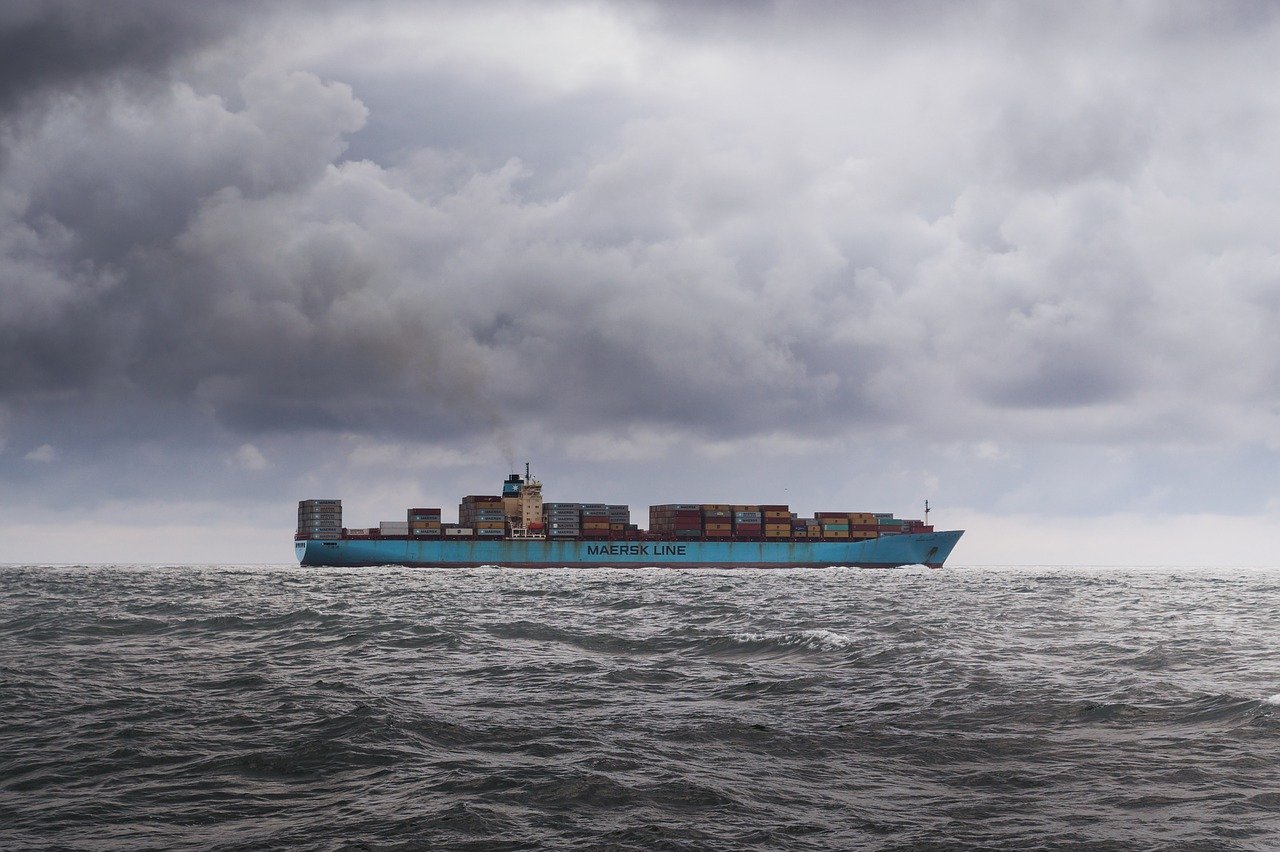Maersk has now identified four alternative fuels with which the Danish container shipping company wants to realise its ambition of being CO2 neutral by 2050. They are ammonia, methanol, biodiesel and lignin. The latter fuel is made from biomass such as rice.
The container shipping company reports this in its annual sustainability report, which was published simultaneously with its annual report. In it, Maersk reiterates its previously stated objective of making the switch from fuel oil and gas oil to zero emission fuels in one go, without “transition fuels” such as LNG. This strategy also explains why Maersk is the only one of the global container carriers that does not have any new ships on order at the moment.
Also read: Shortage makes profits soar for world’s largest container carrier
2030
The shipping company began the search for alternatives to traditional bunker oil two years ago. Maersk has said on several occasions that the first CO2-neutral ships should come into service by 2030 at the latest. Recently, CEO Søren Skou said that Maersk plans to order the first carbon neutral ships within three years.
Before that happens, there are many obstacles to overcome. Maersk writes in the report that the main obstacle is the current limited availability of new fuels. Moreover, most ports still lack the infrastructure to handle new fuels. Also, many safety issues surrounding ammonia, methanol and ethanol still need to be resolved.
This article first appeared in Dutch on Nieuwsblad Transport, a publication of SWZ|Maritime’s publishing partner Promedia.








